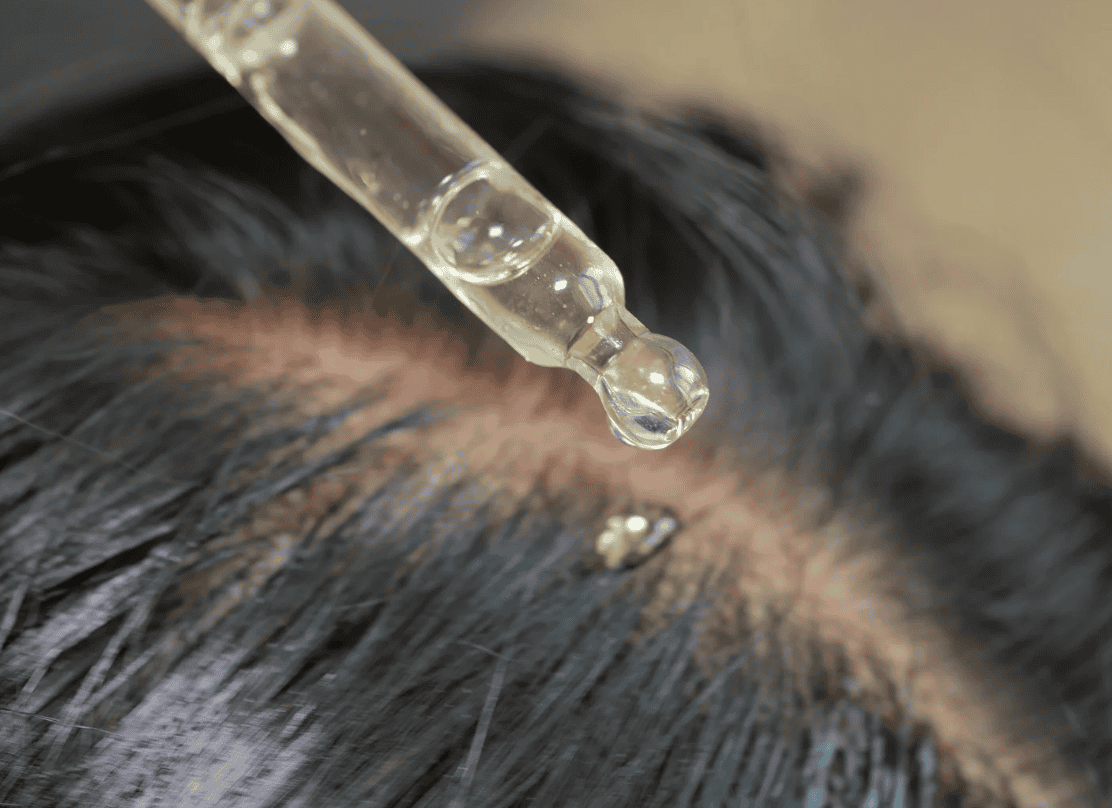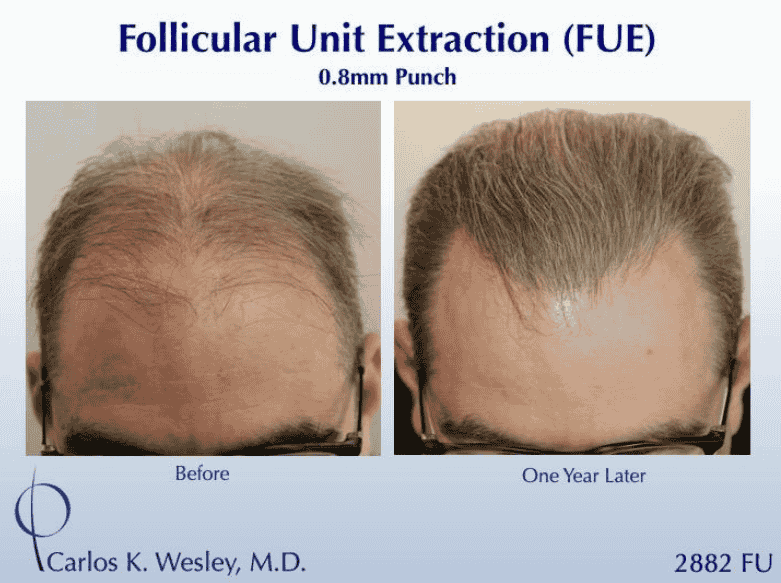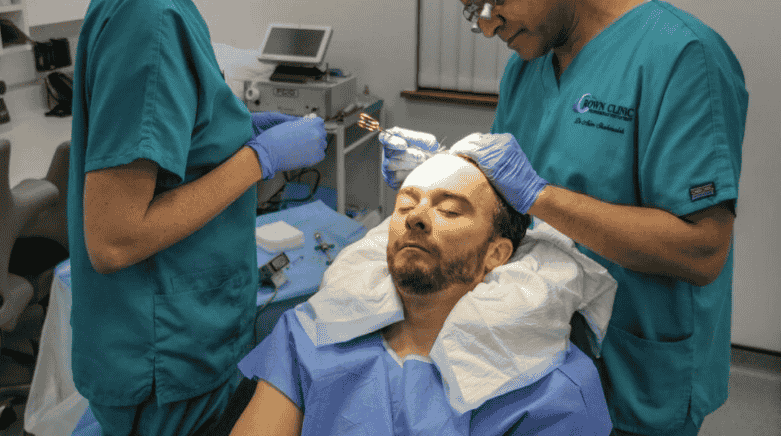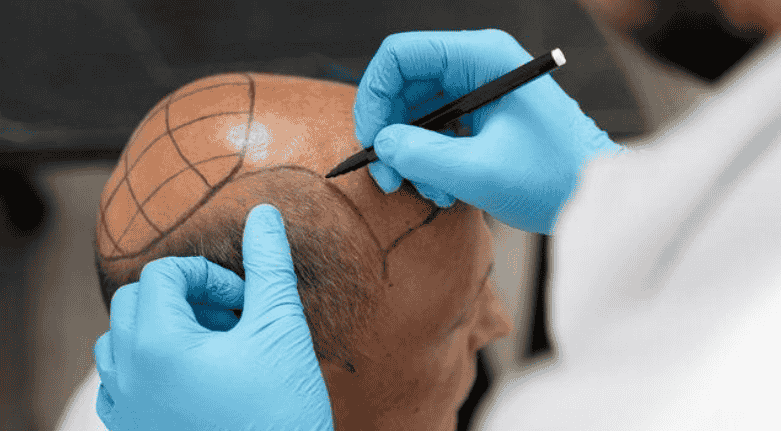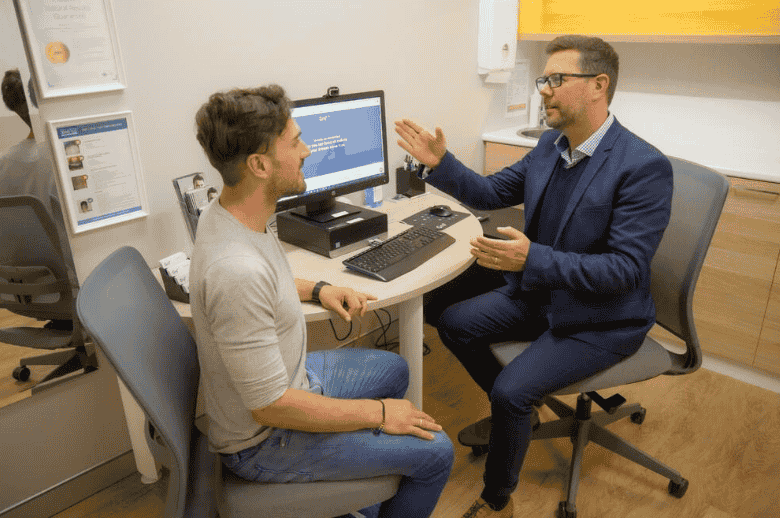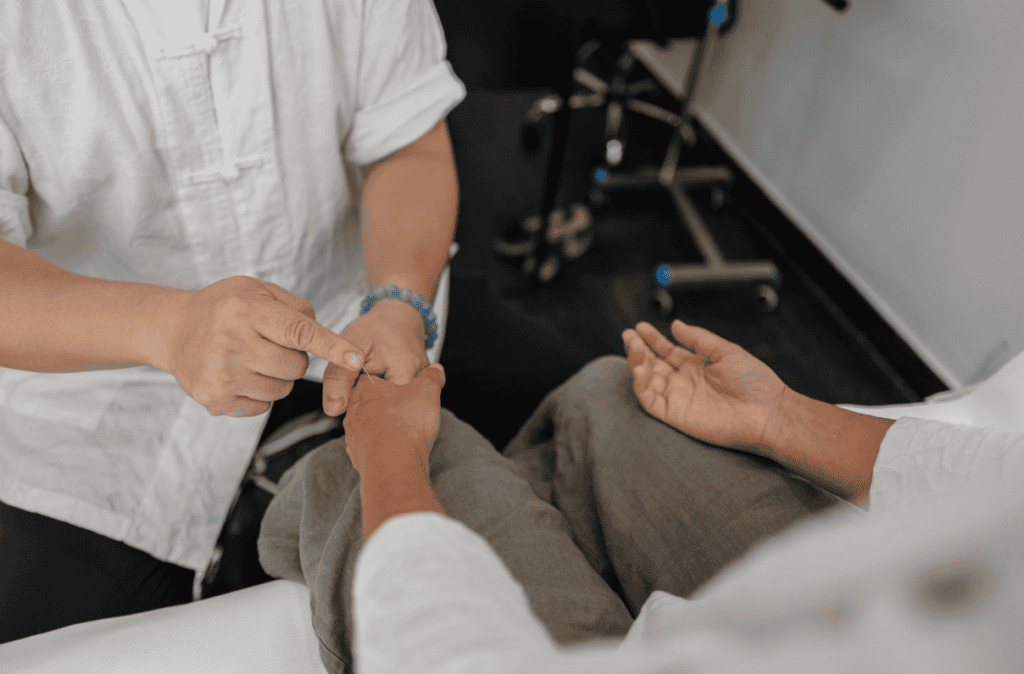Life in a fast-paced, high-pressure environment can take a toll on emotional wellbeing, even when everything appears fine on the surface. Stress, anxiety, low mood, and relationship challenges are common experiences, yet many people delay seeking support because they are unsure whether their concerns are “serious enough.” Understanding when to seek support from a psychologist can make a meaningful difference to mental health and overall quality of life.
For individuals navigating these challenges, working with a psychologist in Dubai offers a supportive and confidential space to explore thoughts, emotions, and behaviours. Professional psychological support is not only for times of crisis, it can also help people build resilience, gain clarity, and develop healthier ways of coping with everyday pressures.

Recognising When Support May Be Helpful
There is no single moment that defines when someone should see a psychologist. Often, the signs appear gradually. Persistent stress, difficulty concentrating, emotional exhaustion, or feeling disconnected from daily life can indicate that additional support would be beneficial.
Other signs may include ongoing anxiety, changes in sleep or appetite, irritability, or feeling stuck in unhelpful patterns. When these experiences begin to interfere with work, relationships, or personal wellbeing, seeking professional guidance can help prevent concerns from becoming more overwhelming over time.
Understanding the Role of a Psychologist
Psychologists are trained to help individuals understand how thoughts, emotions, and behaviours interact. Through structured conversations and evidence-based approaches, they support people in developing insight and practical strategies for change.
Rather than giving advice or quick solutions, psychologists work collaboratively with clients to explore underlying patterns and build skills that support long-term wellbeing. This process encourages self-awareness and empowers individuals to respond more effectively to challenges.
Common Reasons People Seek Support from a Psychologist
People seek psychological support for a wide range of reasons, and no concern is too small or insignificant. Some common areas include managing stress or anxiety, navigating life transitions, coping with relationship difficulties, or processing past experiences.
Others may seek support from a psychologist to improve emotional regulation, build confidence, or develop healthier coping strategies. Psychological support can also be helpful for individuals who feel generally dissatisfied or overwhelmed, even if they cannot pinpoint a specific issue.
What to Expect in the First Sessions
Starting therapy can feel uncertain, especially for those who have never worked with a psychologist before. Initial sessions typically focus on understanding the individual’s concerns, background, and goals. This helps create a clear direction for future work and ensures the approach aligns with the client’s needs.
The pace of sessions is guided by the individual. There is no pressure to share everything at once. Building trust and comfort is an important part of the therapeutic process, and progress unfolds over time.
How Therapy Supports Long-Term Wellbeing
Psychological support is not just about addressing immediate concerns. Over time, therapy can help individuals develop stronger emotional awareness, improve communication skills, and respond more thoughtfully to stressors.
By learning to recognise patterns and challenge unhelpful thinking, many people experience greater emotional balance and resilience. These skills often extend beyond therapy sessions, supporting wellbeing across different areas of life.

Overcoming Common Barriers to Seeking Help
Despite the benefits, many people hesitate to seek psychological support due to stigma, time constraints, or uncertainty about the process. Reframing therapy as a proactive step toward self-care can help overcome these barriers.
Seeking support reflects self-awareness and a commitment to personal growth rather than weakness. Making mental health a priority supports not only individual wellbeing but also healthier relationships and more sustainable performance at work and in daily life.
Taking the First Step Toward Support
Deciding to speak with a psychologist is a personal choice, and there is no right or wrong time to begin. Whether someone is facing a specific challenge or simply seeking greater clarity and balance, professional support can provide valuable perspective.
By reaching out early and engaging in the process with openness, individuals give themselves the opportunity to better understand their experiences and build skills that support long-term mental and emotional wellbeing.






